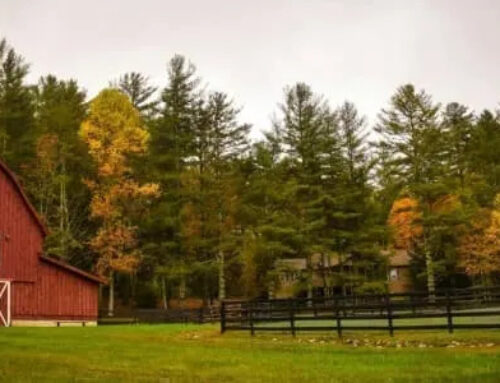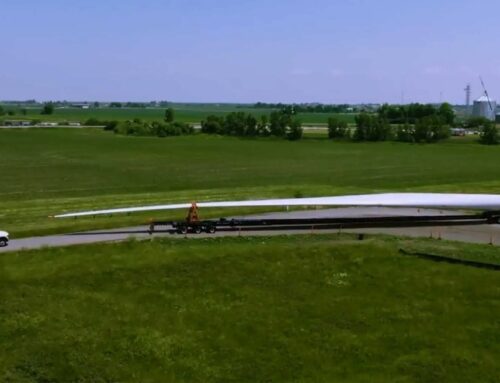UW-Green Bay receives $330,000 grant to research microplastics
September 19, 2025
GREEN BAY, Wis. — The University of Wisconsin-Green Bay received a $330,000 grant from SC Johnson to research microplastics found in fish in Lake Michigan and the Bay of Green Bay.
Researchers said they hope to better understand the impact of microplastics on aquatic life in the Great Lakes region.
Researchers will evaluate “how often fish swallow these plastics, where the biggest problem areas are and what kinds of plastics are most common.”
“Plastic is one of the most unique materials that’s brought many benefits to human life,” said Alex Abraham, chief communications officer at SC Johnson. “But it is also pollutant that is affecting planetary, animal and human health.”
Microplastics — small fragments of plastic about the size of a sesame seed — can accumulate in the environment, making them difficult to remove, according to the university.
“We have worked for decades as a company to bring solutions to this issue, but there is still a lot of work to be done,” said Abraham. “Through their research the program hopes to show where microplastics build up and how they may move through the food web.”
Students will work directly with faculty on this research. Patrick Forsynthe, UW-Green Bay’s Herbert Fisk Johnson professor of environmental studies, will lead the research team.
“Students are always drawn to hands-on, applied projects that benefit the public,” said John Katers, dean of the College of Science, Engineering & Technology, at UW-Green Bay.
First, researchers will collect fish from the lake and the bay. They will then examine the contents of the fish in the lab under microscopes and via lab tests in order to identify the type and size of plastics. The hope is that researchers will be able to identify “where microplastics build up and how they may move through the food web.”
“With support from SC Johnson, UW-Green Bay is going to both build out research in an understudied area and give our students skills that they’ll carry into their careers,” said UW-Green Bay Chancellor Michael Alexander. “This is a great step forward for our region. It’s public-private partnerships improving student outcomes, the natural environment and community health.”
Aside from funding the research, the grant will also help pay for a postdoctoral researcher, a master’s student and several undergraduate students to work on the project.
”The research that UW-Green Bay is doing on microplastics is critical to identifying solutions, and we’re pleased to support students who understand the urgency of this problem,” said Abraham.
The project hopes to begin the hiring process for researchers immediately. The research is scheduled to take place from 2026 through 2027, with findings projected to publish in 2028.
Search
RECENT PRESS RELEASES
Related Post



